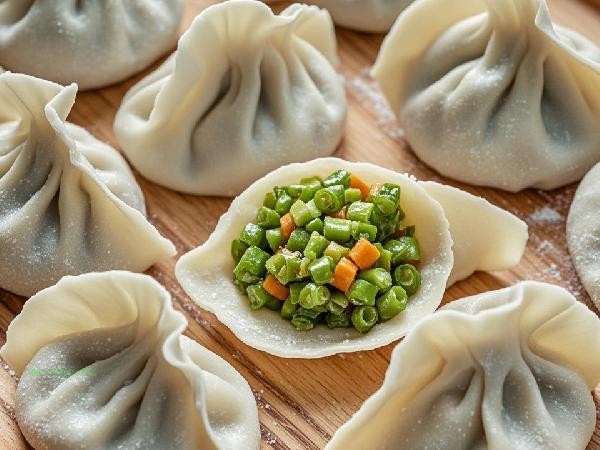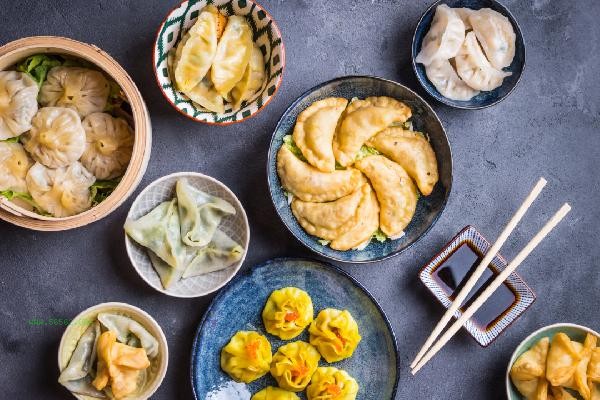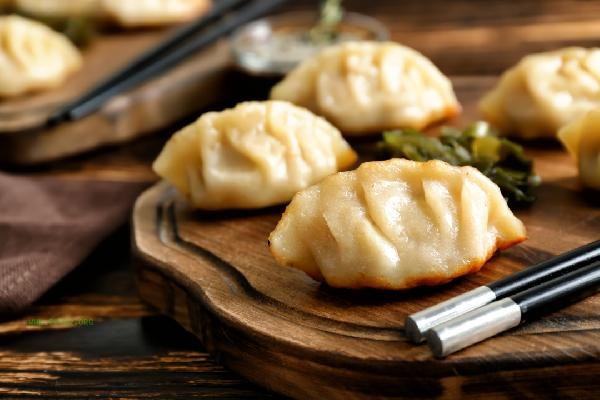Dumplings with soft skin can usually continue to be cooked, but the cooking method needs to be adjusted. If the dumpling skin softens due to refrigeration or thawing, boiling it directly in water may cause the skin to break; If it becomes soft due to prolonged exposure to water, it is recommended to steam or fry it. When the dumpling skin becomes slightly soft, a small amount of dry flour can be sprinkled before boiling water to prevent sticking. After the water boils, turn to medium heat to maintain a slight boiling state and avoid severe rolling that may cause damage. Reduce the cooking time to within 1 minute after floating, and use a spoon to gently push to prevent sticking to the pot. After thawing frozen dumplings, if the skin is soft, they can be boiled directly, but cold water should be added to the pot to gradually tighten the skin. Steaming is suitable for dumplings with soft skin and a lot of filling. Place a steaming basket cloth to prevent sticking, and steam for 8-10 minutes after steaming to maintain shape integrity. The method of frying dumplings requires first frying the crispy bottom in a flat bottomed pan, then adding water to cover and braising until cooked. It is suitable for leftover dumplings that have already softened.

Dumplings with severely softened skin, water seepage, or sour taste should not be cooked again, as bacteria may have already grown. Soft skinned dumplings that have been refrigerated for more than 3 days are recommended to be discarded, as repeated thawing can cause damage to the gluten structure. Dumplings with vegetable fillings that contain a lot of water can become soft and easily burst when cooked, and can be used as pies for frying. During the transportation of commercial frozen dumplings, if they become soft due to thawing, the cooking method should be adjusted according to the packaging instructions. If homemade frozen dumplings are not tightly sealed and result in soft skin, they can be re frozen and set before cooking. When processing soft skinned dumplings, it is recommended to choose alternative cooking methods such as steaming or frying based on the reason for softening, which can better maintain the taste. Fresh dumplings are recommended to be made and cooked immediately, and frozen dumplings should be sealed and stored to avoid repeated thawing. Paired with dipping sauces such as vinegar and garlic paste can enhance the flavor, and those with weak gastrointestinal function should avoid consuming soft skinned dumplings that have been refrigerated for too long. If there is any odor or mucus in the dumplings, they should be discarded immediately. Special attention should be paid to food safety in high temperature environments during summer.










Comments (0)
Leave a Comment
No comments yet
Be the first to share your thoughts!